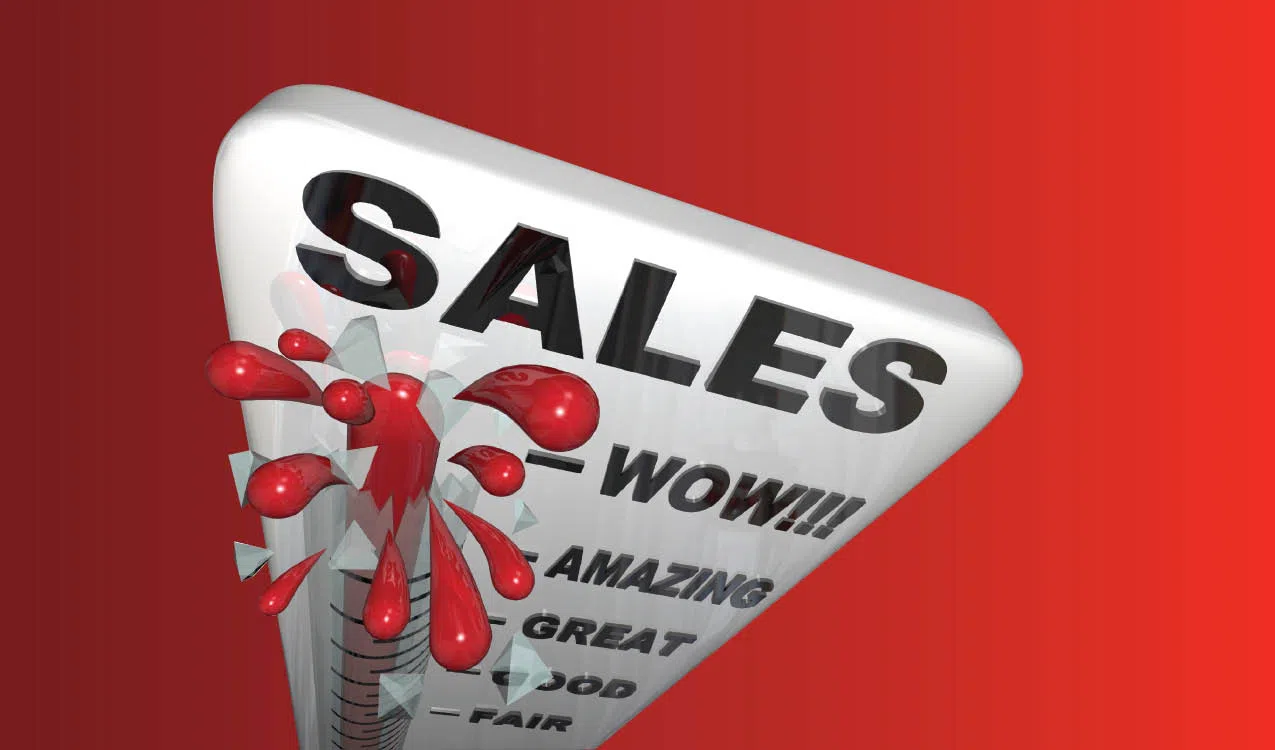Earlier this spring, I was approached by Brian, a college student inquiring about an internship for the summer. Typically, this has been a position one of my daughters has occupied.
My oldest, however, now has a full time job and her younger sister informed me she was going to work in the retail sector this summer — a requirement for the fashion design program she's enrolled in at college. Apparently, if I published a "fashion" magazine, I'd have a built-in heir (that notwithstanding, HVACR Business will be for sale immediately upon my demise). Maybe some of you can relate.
Anyway, I let Brian know we were in fact interested in having an intern for the summer and the position entailed helping anywhere within the organization. Monday it may be production, Tuesday might be marketing, Wednesday might be eMedia, etc.
Brian's interest, however, was in sales. Fortunately, we were able to let him spend most of his time in that department. The challenge, of course, was teaching sales to a person with no sales experience — where to begin?
Preparation seemed like a perfect spot to begin a sales education. There are several sub categories under Preparation, which include organization, discipline, practice, consistency and hard work.
I have a saying written down that I look to often: "Prepare to Win, or Lose to Someone Who Is." I don't remember where this came from — perhaps an old coach, mentor or maybe a book I'd read over the years — but it captures perfectly the mindset a good salesperson needs to have before they write an email or pick up the phone for an appointment.
I've been on my fair share of sales calls, given thousands of presentations and dozens of speeches. Honestly, I can say the only time I've ever been nervous is when I knew I was under prepared.
Having the discipline to put in the study time to research, learn and fact check before any sales call builds your knowledge base and gives you the road map you need to speak intelligently to your customer or prospect.
All too often, salespeople act as if they're on autopilot trying to reach some type of call quota with little thought to quality or outcome.
How many times has a salesperson sat across from you and asked questions that let you know they didn't have a clue about your business or products? Rather than showing up to offer suggestions and proposals on how to improve your business, they've shown up for a question and answer session.
Don't get me wrong, there's information only you can share with them about your goals and objectives, but so much information is available on company websites or searches on the Internet. It's imperative for salespeople to do some basic homework before they ever call for an appointment.
Items No. 1 and No. 2 on Brian's checklist were to research the company and person we were to call. I asked him to find three to five relevant points about the company's marketing communication program, pertinent announcements about the company or products, so we could best position our offering with the knowledge we had gained.
What Brian learned is that company websites are a wealth of information, and public company annual reports are gold.
Next, understanding whom your prospect is and what kind of background they have has never been easier with the advent of social media sites such as LinkedIn. You'll find everything from education and previous job experience to which professional groups they belong. Often you can find detailed descriptions of their current job responsibilities.
Have you ever left a sales call wondering if you had just spent time with the right person? Then, weeks or months later finding out you didn't get the sale because the person you had been calling was an influencer but far from the "decision maker" you needed to be in front of — with the proper preparation those days should never happen.
Based on what we learned about the company, their products and our prospect, I asked Brian to organize relevant sales material we wanted to present. We decided to modify a portion of a larger slide presentation.
Using Guy Kawasaki's 10/20/30 rule for PowerPoint presentations, we selected 10 slides that would take 20 minutes to present and made sure the slides were a 30 font size.
We modified the script to fit the client and practiced and practiced and practiced until the presentation was second nature. It was two weeks of hard work for just one sales call, and a good beginning to what may be a great sales career for Brian.






